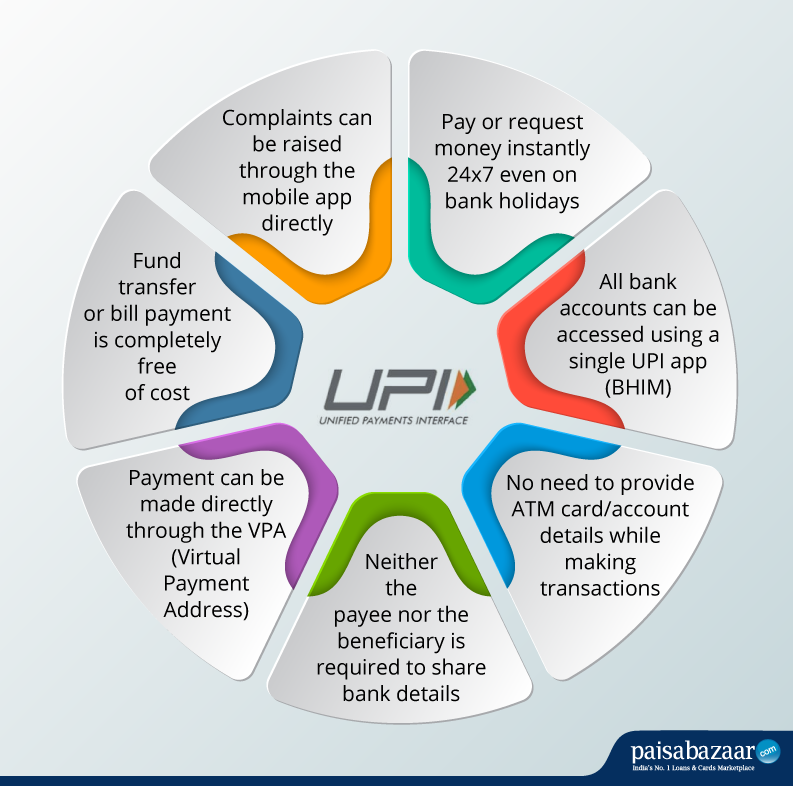India’s digital push through various mediums and reforms has taken the country in the direction of a cashless economy. One such digital advancement that has facilitated digital transactions the most is the UPI. The UPI full form is Unified Payments Interface. This is a mode of payment where one can actually send money from the smartphone at any point in time from any place. In a way, you can say that your smartphone also acts as a virtual mode of payment like a debit card. Another important fact is that you can use this app to send and receive funds in an instant.
The UPI app was launched in January 2016 and was adopted by only a handful of national banks initially. As of now, all banks operating in India have adopted UPI and most of them even provide their own version of the UPI app.






8 Comments
Let us know the UPI customer care number we should contact if we have any problem with UPI
You can contact the UPI team directly by calling at 18001201740.
I want to block all the upi in my account. I blocked bhim upi, then how to block google pay upi.
You can delete your bank account from any third-party app where you have an account. You can also close your third-party UPI app.
Can I register for UPI facility from my second
cell number which is not registered with the bank in which I hold a S/B account. I do not want to use the regd. Nr. with the bank.
You will have to use the mobile number linked with the bank account to use the UPI service. Else, you can avail the facility of UPI Circle and become a secondary user using your second mobile number.
What is my UPI number if I have UPI account in BHIM and Paytm both?
Hi Vivek, Your mobile number would be considered your UPI number in case you want to receive funds through UPI for both BHIM and Paytm apps.